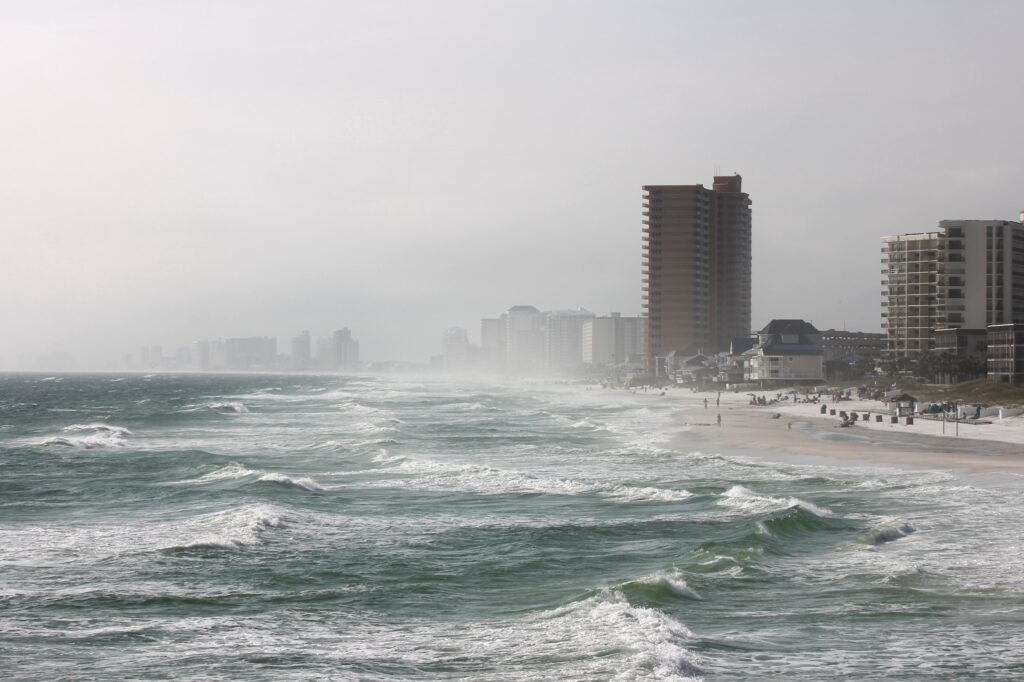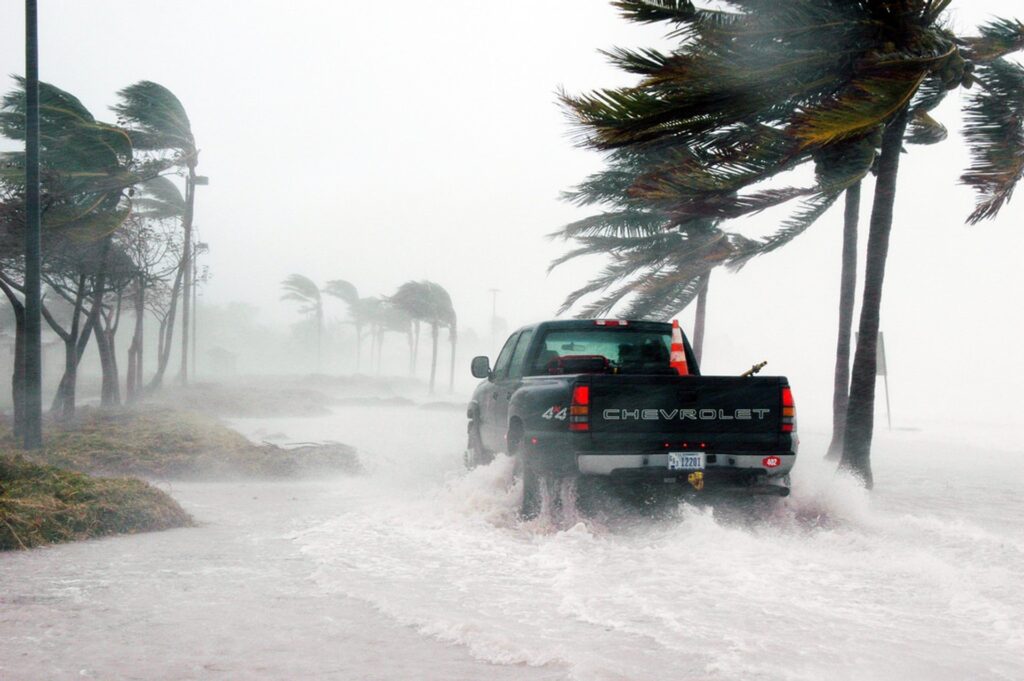Hurricane season started on June 1 and officially ended on November 30, making it a fairly long period of time when we have to think about and schedule hurricanes and tropical storms. We have had seasons without hurricanes or bad storms, and then we have other years with very strong hurricanes that pass-through Miami or near Miami. It is important for the safety of your property and your tenants to know what measures they must take to prevent and be as prepared as possible for all types of hurricanes. It can be a small hurricane, category 1 or they can become category 5, the strongest, and with winds that can overcome winds above 156 mph or 251 km / h.

Also keep in mind that it is likely that before the hurricanes we will have tropical storms that we often don’t not pay much attention to, but they can be quite destructive too, especially because they bring a lot of rain, street floods and you have to protect windows and balcony doors, making sure they are tightly closed, even sealed for rain so it does not go through those areas.
We must be very vigilant and very alert with the warnings and the news.
You have to know how to differentiate between a hurricane advisory and a hurricane warning. A warning means that the hurricane will hit our area and we must take serious steps to be safe.
Know your hurricane risk
Hurricanes are not just a coastal problem. Even if you don’t live near the coast, there can be a lot of rain, wind, and water where you live. Be prepared and start preparing now.
Make an emergency plan
Make sure everyone in your home knows and understands your hurricane plan. Don’t forget a plan for the office, daycare, and anywhere you frequent.
Gather supplies
Keep necessary supplies for your home, including medications, disinfectant supplies, face cloth covers, pet supplies in your travel bag or car trunk. Don’t forget to prepare for al COVID-19 type of precautions.
Disabled people
If you or someone in your home is an individual with a disability, identify if you may need additional help during an emergency.
Know your area and evacuation route
You may have to evacuate quickly due to a hurricane. Learn your evacuation routes, practice with your household members, and identify where you will be staying. Make reservations in advance if you will be in a hotel.
Acknowledge warnings and alerts
You have several ways to receive alerts. Download the FEMA app and request real-time alerts from the National Weather Service. Sign up to receive alerts from the community in your area and be aware of the Emergency Alert System (EAS)
Review important documents
Make sure that your insurance policies and personal documents like identification are specifically established. Make copies and store them in a secure password protected digital space.
Strengthen your home
Clean drains and gutters, keep garden furniture in a safe place, consider placing hurricane shutters.
Get your phones and computers ready.
Keep your cell phone charged when you separate that there is a forecast hurricane and buy back up charging devices to power electronic devices.

